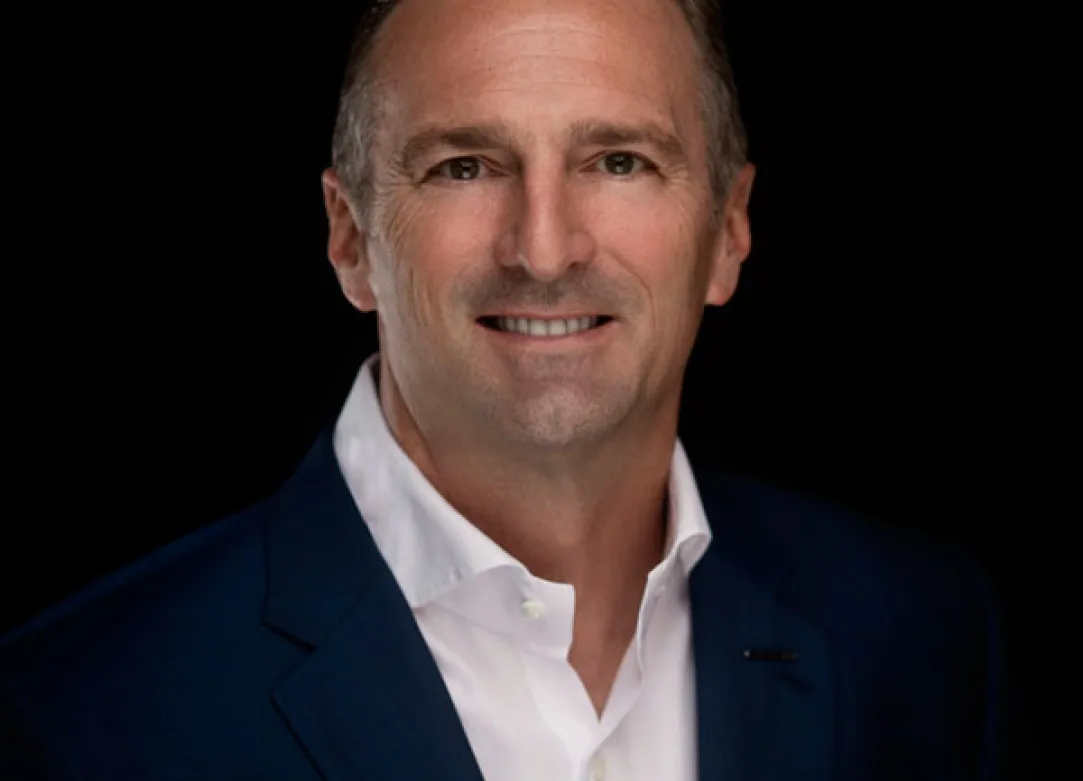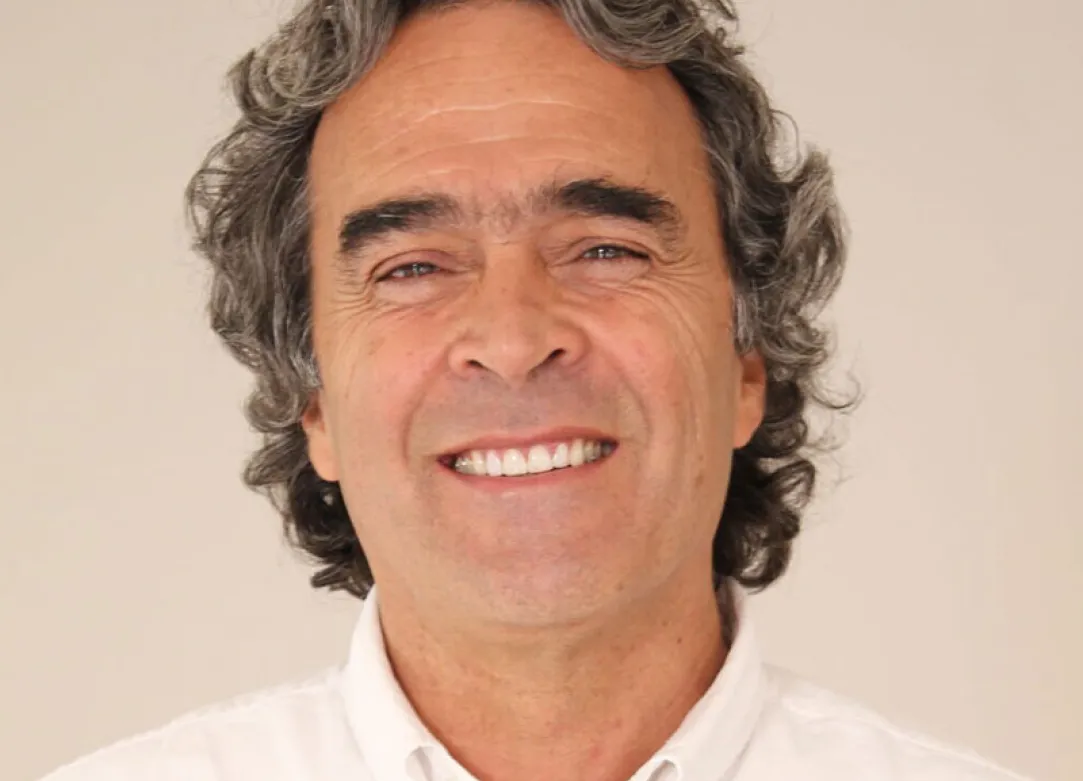Cortes is a leadership and sales lecturer; he has served as consultant and trainer in more than 40 countries around the world. He speaks Spanish, Portuguese and English.
Ivan is the director for Latin America in one of the most outstanding New York-based boutique consulting firms in the leadership, strategic planning and change management areas. He previously led the sales training area at Citibank Latin America and engaged in projects in Europe and Asia.
Cortes is always an outstanding lecturer who manages to interact with the public in meaningful, useful and entertained ways.
He is a Mechanical Engineer by the University of the Andes, with a Master Degree by the University of La Sabana and a Master Degree in Instructional Design and Human Performance Improvement by the Florida State University.



